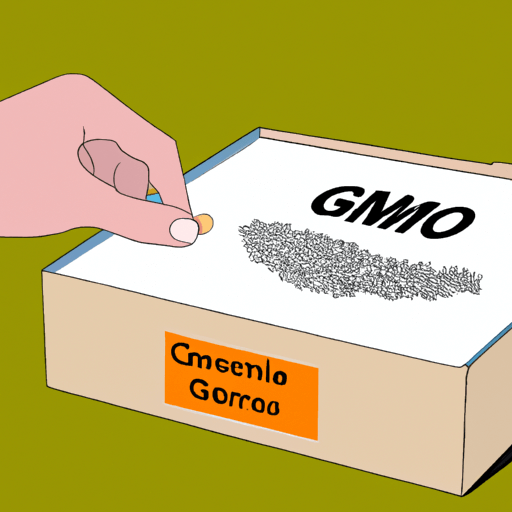The Use Of GMO Seeds In Home Gardens: Benefits, Drawbacks, And Controversies
Gardeners have been selecting and saving the best seeds from their gardens for generations, but the advent of genetically modified organism (GMO) seeds has added a new dimension to this practice. An in-depth understanding of GMO seeds, their use, advantages and potential drawbacks can help home gardeners make informed decisions about incorporating them into their gardening practices.
The science behind GMO seeds
Genetically Modified Organisms (GMOs) are plants, animals or microorganisms whose genetic makeup has been manipulated using recombinant DNA techniques. In gardening, this science is applied to produce GMO seeds that are resistant to certain diseases or adapted to thrive in specific climates. Dr. Pamela Ronald, a plant geneticist at the University of California Davis, explains that these genetic modifications can also increase yields, survival rates, and nutritional content of planted crops.
Advantages of using GMO seeds in home gardens
GMO seeds offer numerous benefits for home gardeners. First, they are typically engineered for increased pest and disease resistance, which can mean healthier plants and higher yields. Second, GMOs can be modified to survive in specific climates or soil conditions, effectively broadening the types of plants a gardener can grow in their backyard. This potential for increased diversity can be a huge advantage, particularly in areas where soil conditions or climate make traditional gardening challenging.
Potential drawbacks and controversies
However, the use of GMO seeds is not without controversy. Some critics worry about the potential for GMOs to crossbreed with non-GMO plants, potentially impacting biodiversity. Home gardeners may also find GMO seeds to be more expensive than their non-GMO counterparts. From a health perspective, many are concerned about the potential risks associated with consuming GMO produce, although there's currently no scientific consensus that GMOs are inherently harmful to human health.
Environment and health implications
When it comes to environmental implications, potential benefits and risks need to be weighed. On one hand, plants engineered to resist pests can reduce the need for chemical pesticides. On the other hand, the potential for crossbreeding can lead to what some scientists call gene escape, potentially resulting in unintended or detrimental effects on local ecosystems. As for health implications, the World Health Organization affirms that GMO foods currently available on the international market have passed safety assessments and are not likely to present risks for human health.
Final advice for home gardeners
It's important for home gardeners to research each type of seed they're considering using in their gardens, regardless of whether it's genetically modified or not. Weighing the potential benefits and drawbacks of GMOs against your own personal gardening goals is important. Consider speaking with farmers, gardeners or agricultural experts before making a decision. As with any gardening practice, it's worth experimenting with a variety of techniques and seed types to see what works best in your unique garden setup.
Sources:
- Benefits and risks of genetic modification, World Health Organization
- The Basics: Genetically Modified Crops, Nature: The Basics: Genetically Modified Crops
- Dr. Pamela Ronald, University of California Davis


















Comments
Leave a Comment